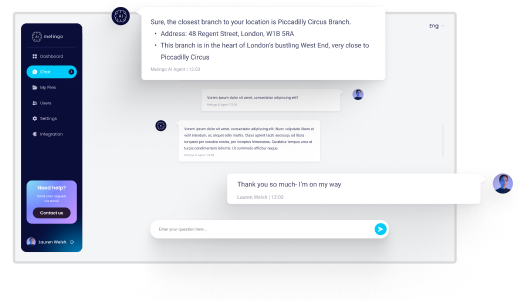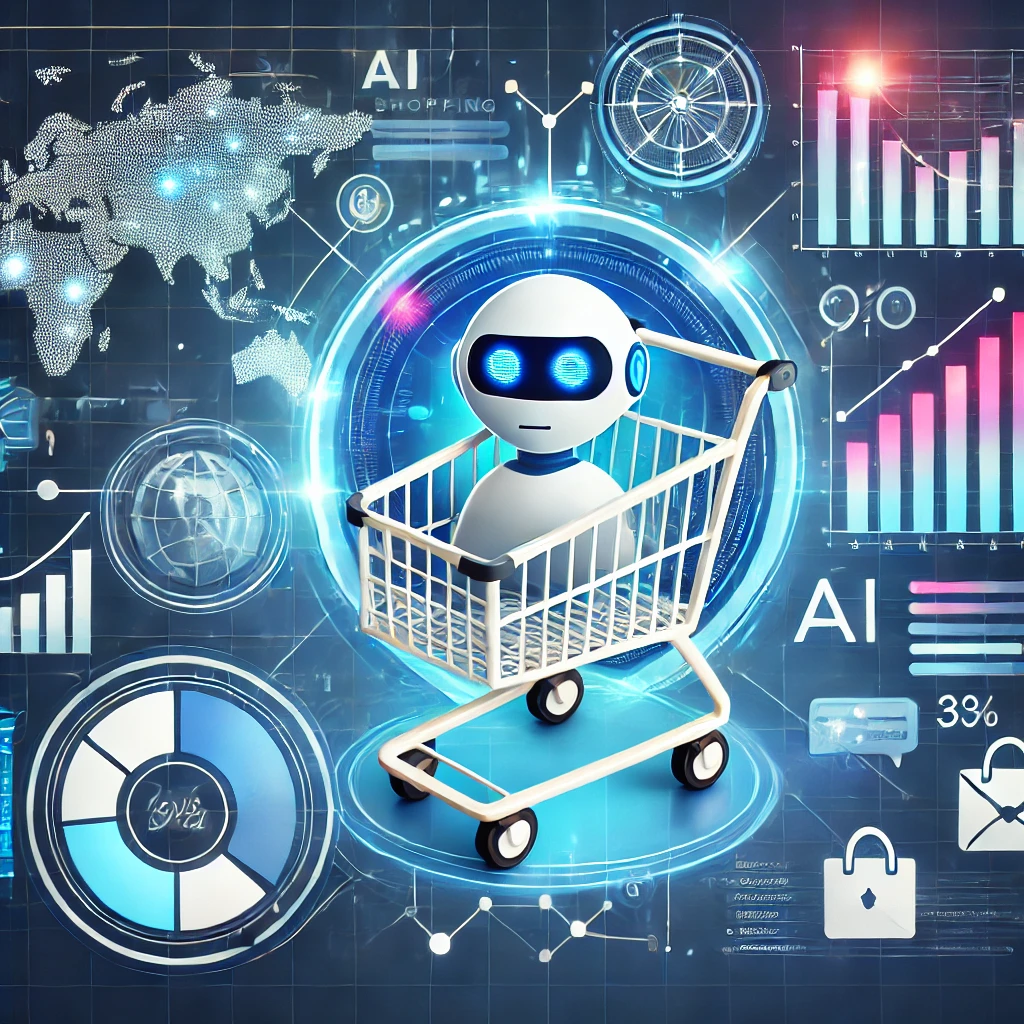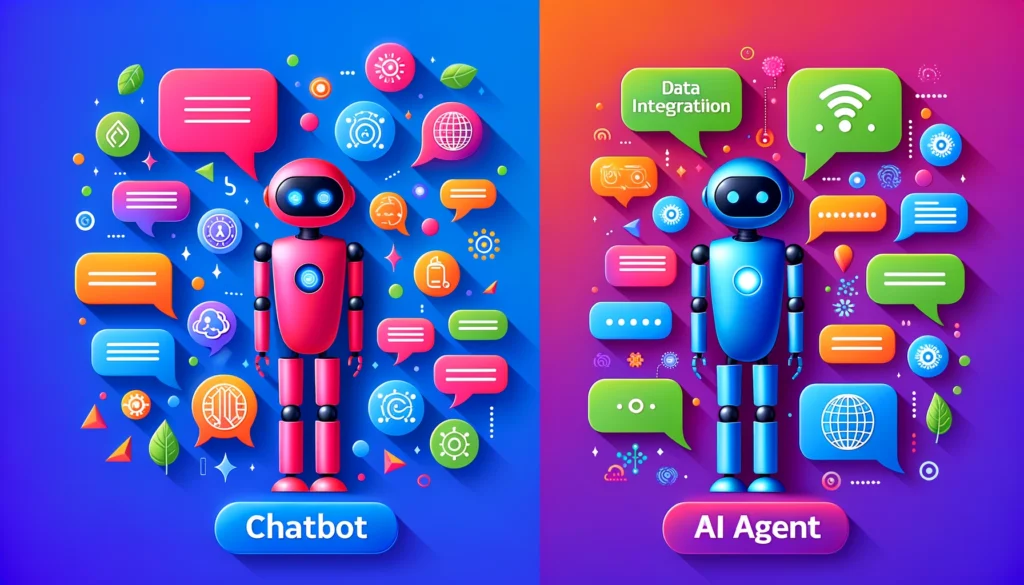The e-commerce landscape has experienced remarkable growth in recent years, solidifying its position as a dominant force in the retail industry. In 2023, global retail e-commerce sales reached an estimated $5.8 trillion, with projections indicating a 39% growth over the coming years, expecting to surpass $8 trillion by 2027.
This surge is driven by increasing consumer reliance on online shopping platforms, a trend accelerated by the COVID-19 pandemic. Notably, the B2C e-commerce market has reached $6.5 trillion in sales in 2023 and is expected to continue increasing to $8.3 trillion by 2026 at a 9.1% CAGR.
As the e-commerce sector expands, businesses face challenges in meeting evolving consumer expectations for personalized, efficient, and responsive interactions. Artificial Intelligence (AI), particularly AI-powered chatbots, has emerged as a transformative solution to enhance customer experience and drive sales.
The Role of AI Chatbots in E-commerce
AI chatbots are intelligent virtual assistants capable of engaging customers in real-time, providing personalized support, and streamlining the shopping process. Their integration into e-commerce platforms offers several key benefits:
1.Enhanced Customer Experience: AI chatbots provide instant, 24/7 support, addressing customer inquiries promptly and accurately. This immediate assistance reduces wait times and enhances customer satisfaction.
2.Personalized Shopping Assistance: By analyzing customer data and behavior, AI chatbots offer tailored product recommendations, creating a more engaging and relevant shopping experience.
3.Increased Conversion Rates: Proactive engagement by AI chatbots can guide customers through the purchasing process, answer questions, and alleviate concerns, leading to higher conversion rates.
4.Operational Efficiency: Automating routine inquiries allows human agents to focus on complex issues, improving overall efficiency and reducing operational costs.
Impact on Sales and Customer Engagement
The implementation of AI chatbots has demonstrated a significant positive impact on e-commerce metrics:
•Sales Growth: Businesses utilizing AI chatbots have reported increased sales, attributed to improved customer engagement and personalized interactions.
•Customer Satisfaction: The availability of instant support and personalized recommendations enhances the overall customer experience, leading to higher satisfaction and loyalty.
•Reduced Cart Abandonment: AI chatbots can address customer hesitations in real-time, providing information or incentives that encourage the completion of purchases, thereby reducing cart abandonment rates.
Future Outlook
The integration of AI chatbots in e-commerce is poised to become increasingly sophisticated, with advancements in natural language processing and machine learning enhancing their capabilities. As consumer expectations continue to evolve, businesses that leverage AI chatbots are likely to maintain a competitive edge by delivering personalized, efficient, and engaging shopping experiences.
In conclusion, the synergy between e-commerce growth and AI chatbot implementation presents a compelling opportunity for businesses to enhance customer interactions, drive sales, and achieve operational excellence in the dynamic digital marketplace.










